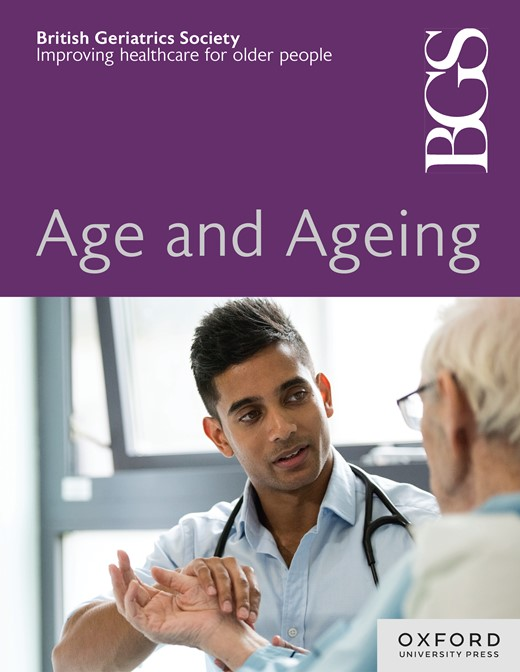30个国家的老年人互联网接入和使用健康信息及其与健康结果的关系
IF 7.1
2区 医学
Q1 GERIATRICS & GERONTOLOGY
引用次数: 0
摘要
老年人作为弱势群体,通常对电子卫生技术的使用程度较低。有限的互联网接入和卫生信息的低使用率可能导致较差的健康结果。本研究的目的是探讨社会人口统计学的差异,并比较不同互联网接入和使用健康信息群体的健康生活方式、健康状况和对在线健康信息的态度。设计本横断面研究采用国际社会调查项目的二手数据。方法于2023年5月至2024年4月采用结构化问卷法进行数据收集。受访者分为三组:22.02%属于无访问组(没有互联网访问),28.75%属于非用户组(可以访问但不使用它获取健康信息),49.22%属于用户组(可以访问并使用它获取健康信息)。共有来自30个国家的14008名60岁以上的受访者被选中。结果群体与大多数社会人口因素显著相关,教育水平在访问/不访问和用户/非用户比较中都显示出最强的效应量。无访问组的老年人健康生活方式频率较低,健康状况较差,而用户组的老年人健康生活方式频率较高,健康状况较好,对在线健康信息持积极态度。促进数字包容性环境对于加强老年人的互联网接入和使用,以支持更健康的生活方式和改善健康状况至关重要。本文章由计算机程序翻译,如有差异,请以英文原文为准。
Internet access and use for health information and its association with health outcomes in older adults in 30 countries
Background Older adults, as a vulnerable population, typically show lower engagement with eHealth technologies. Limited internet access and low use for health information may contribute to poorer health outcomes. Objectives The purposes of this study were to examine differences in socio-demographics and compare healthy lifestyles, health statuses and attitudes toward online health information among different groups of internet access and use for health information. Design This cross-sectional study utilised secondary data from the International Social Survey Programme. Methods A structured questionnaire was used for data collection from May 2023 to April 2024. Respondents were divided into three groups: 22.02% in a No-Access group (no internet access), 28.75% in a Non-User group (have access but do not use it for health information), and 49.22% in a User group (have access and use it for health information). In total, 14 008 respondents aged over 60 years from 30 countries were selected. Results Groups were significantly associated with most sociodemographic factors, with the educational level showing the strongest effect size in both access/no-access and users/non-users comparisons. Older adults in the No-Access group had lower frequencies of healthy lifestyles and worse health statuses, while those in the User group had higher frequencies of healthy lifestyles, better health statuses, and positive attitudes toward online health information. Conclusions Promoting a digitally inclusive environment is essential for enhancing internet access and use among older adults to support healthier lifestyles and improved health statuses.
求助全文
通过发布文献求助,成功后即可免费获取论文全文。
去求助
来源期刊

Age and ageing
医学-老年医学
CiteScore
9.20
自引率
6.00%
发文量
796
审稿时长
4-8 weeks
期刊介绍:
Age and Ageing is an international journal publishing refereed original articles and commissioned reviews on geriatric medicine and gerontology. Its range includes research on ageing and clinical, epidemiological, and psychological aspects of later life.
 求助内容:
求助内容: 应助结果提醒方式:
应助结果提醒方式:


